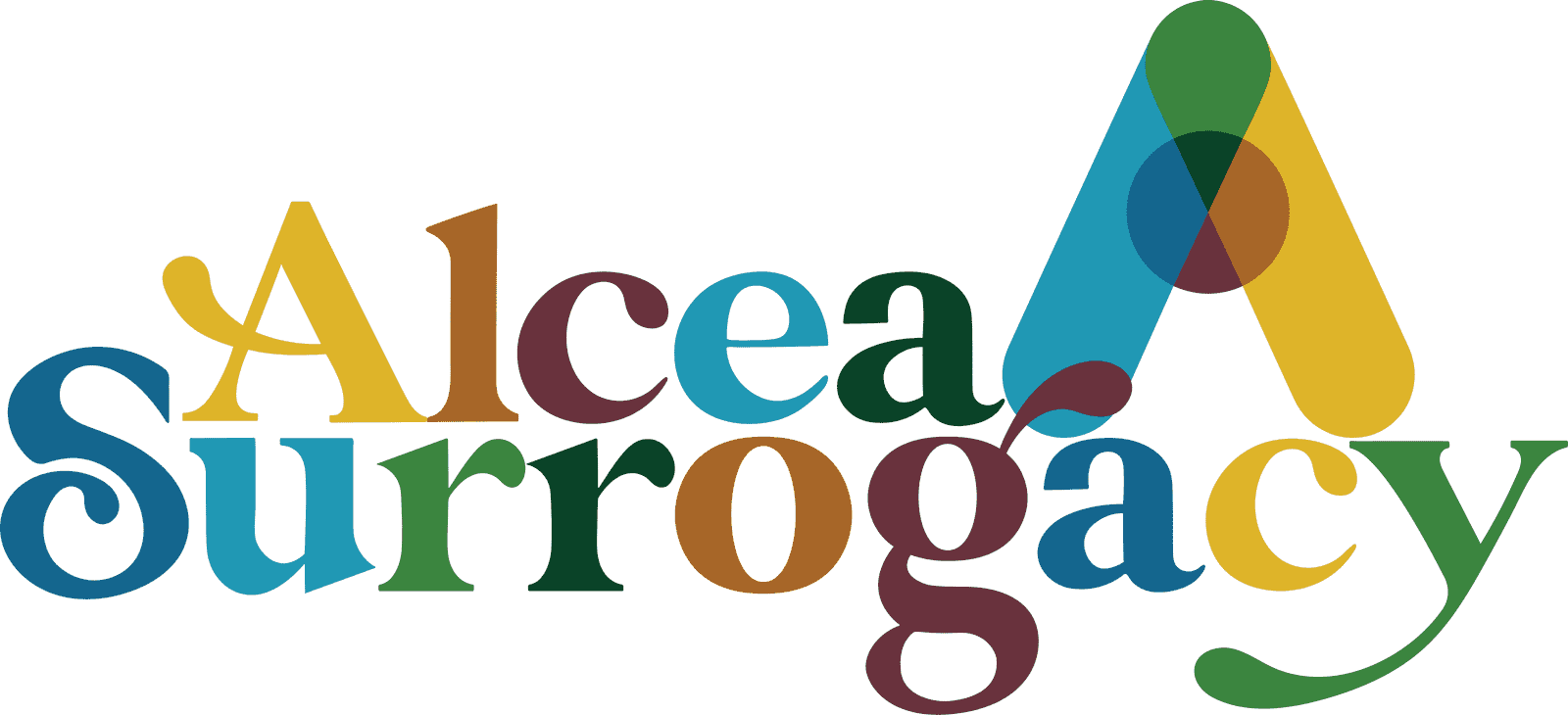
Written by: Madison Heggins
When I was a teenager, I learned about a woman. She was most known as someone who fought for reproductive rights. I was a Black girl in Texas—a state that was not especially known for its tolerance or support of either group—so whenever I found a feminist icon, I held onto her desperately. When Gloria Steinem her work, her motivations, and her politics entered my life, I held onto her too.
In May 2023, a letter was sent and cosigned by a number of people, including Gloria Steinem. It concerns itself with the clean-up bill for the Child-Parent Security Act (CPSA) passed in New York. The letter discusses a few items, but some of the more alarming (and misguided) points for discussion are those surrounding residency and parentage.
The letter speaks to the plight of adoptees, and argues against the issuance of a correct birth certificate wherein the intended parents are listed as the parents ultimately leads to profound consequences. Arguably, anonymity in family building becomes less and less realistic as we become more and more comfortable with DNA testing and family trees, with websites like Ancestry.com skyrocketing in popularity (so commonplace in fact, that they are being given as Christmas gifts). Of course, gestational surrogacy as the CPSA and the letter concerns itself with, presents a couple of different scenarios. To start, the nature of a gestational surrogacy arrangement ensures that the surrogate will not use her eggs to create the embryo, as such questions regarding medical history for the resulting child will not start with her. In our first scenario, and as seen in many cases, the embryo is created using an intended mother’s egg and the intended father’s sperm. Here, the resulting child is biologically related to both of their parents. Another scenario might see a single parent who has chosen a donor with whom to create embryos with while still using their sperm or eggs. Here the resulting child is biologically related to their single parent. Another scenario, might be a couple of intended parents, with one using their egg or sperm while still enlisting the assistance of a donor to provide the sperm or egg in the creation. Here the resulting child is biologically related to one of their parents. A final scenario. An embryo is created with the assistance of both a sperm and egg donor. Here the resulting child is not biologically related to either parent. In all of these scenarios, the question of biological relation does not begin with the surrogate. The surrogate, as has been established throughout her intake into the process, the contract, and the journey itself is not the intended parent and with no biological relation, shall not be deemed as such. Additionally, a birth certificate that correctly lists the names of the parents of the child does not in and of itself preclude the child from learning about the surrogacy arrangement or any information relevant to their biological origin. Surely, there is much to discuss as it pertains to donor conceived children and the growing debate on anonymity, but a correctly issued birth certificate will not in and of itself impede a person’s recourse should they want to know more about how they came into the world.
The letter then moves into residency requirements, and argues that the ability to apply New York law if an intended parent or surrogate is a resident of the state, weakens regulation and creates more risk for exploitation. They conclude, incorrectly, that the provisions of the Surrogates’ Bill of Rights cannot be enforceable or accessible if person acting as a surrogate resides elsewhere or if the intended parents cannot be held accountable. This conclusion is an unbelievably narrow read of what this provision could mean. New York law could be more broadly applied to surrogates in admittedly surrogacy friendly states who do not have the protection of the Surrogates’ Bill of Rights by the nature of their residency, but who are able to access these rights through their intended parents’ residency. Rights such as health insurance, health and welfare decisions, choice of counsel—all of which are outlined and protected under the CPSA—will be included in enforceable surrogacy agreements. This provides more protection to surrogates prior, during, and post pregnancy. Allowing for more people to have access to this is a good thing.
The clean-up bill for the CPSA creates positive change for both surrogates and intended parents. It seeks to broaden the ability for surrogates to benefit from the rights and protections the act provides. It also serves to streamline the process of surrogacy, and create a more efficient, well-rounded, and ethical practice. This is done through the act’s intentional changes when it comes to eliminating some of the major hurdles of parentage. However, the act does not lose the elements that make New York a wonderful place to engage in surrogacy arrangements. From insurance, preconception care, and expenses in the coverage that allows for surrogates to never be burdened by expenses incurred on the arrangement, to the act’s emphasis on the procurement of life insurance—the CPSA carves out a way to do things ethically.
We are living in, especially frightening times. Rights that were previously deemed unmovable are now seemingly blown away by a whisper. We need to support clean up bills such as the CPSA, whose intentions are to strengthen the rights of those seeking out alternative family building and reproductive rights as a whole.
Surprisingly, Gloria Steinem and her cowriters are joined by a rather interesting ally—the catholic church. In January of this year, Pope Francis called for a universal ban on surrogacy. The Pope cited the dignity of women and the issue of material interests. What is most alarming about this is the removal of the most essential thing for the women who are actually involved in this process—their agency. Alcea was started in 2018 by Angela Richardson-Mook. Angela was a former surrogate herself. She was soon joined by her, COO and friend, Christy Leonardo, another former surrogate. Today, the Alcea team as well as many of the professionals in this industry, is made up of a number of former or current surrogates, who, having done this process in their own personal journeys, sought to build a career in helping other women do the same. Many who argued for the clean up bill are those whose life work has been this field; and others whose personal lives have been shaped by it. What the Catholic Church and Gloria Steinem seem to forget—or at the very least ignore—is that the agency and the safety of the surrogate herself are absolutely paramount to the process. That is what the CPS say protects. That is what New York protects. Parentage on the birth certificate should absolutely reflect that which was established from the very beginning of the journey. The intended parents are intended to be the parents. Surrogates absolutely should benefit from benefits of the CPSA through their intended parents residency.
Championing the clean up bill, and surrogacy as a whole, champions the agency of women to choose for themselves and to be able to do it in a field that is more ethical, more protective, and more sustainable for all.

